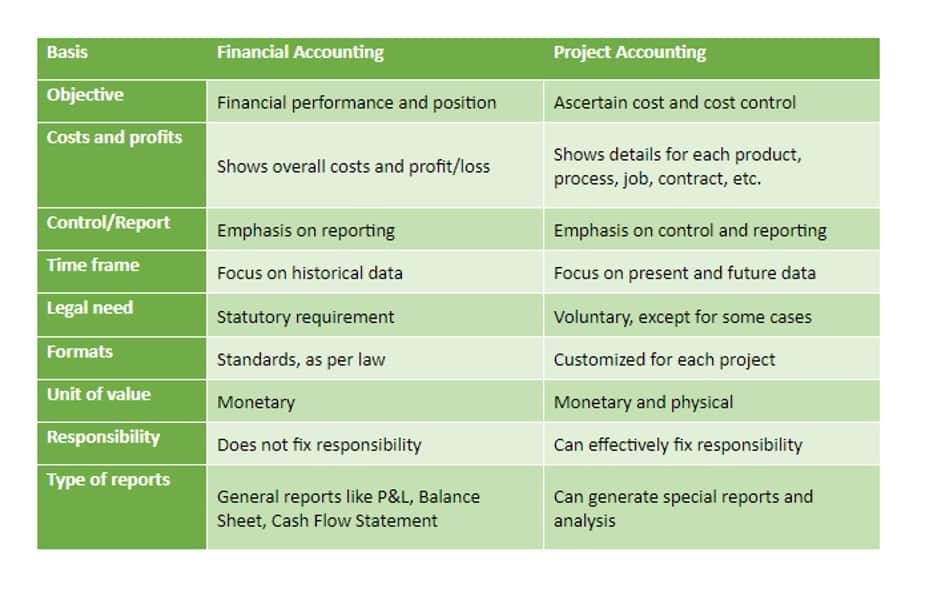Operating Budget Business Terms Explained

This process alone can be enough to scare people away from starting a business altogether. But with the right approach and financial strategy, you can overcome this hurdle and set your business up for long-term success. Operating revenues represent income from primary activities, such as sales revenue, service fees, or interest from operational funds. For example, a retail business focuses on product sales, while a consulting firm emphasizes service fees. Non-cash expenses depend on the company but often include deferred income tax and amortization or slowly writing off an asset’s primary cost. When prepared correctly, an operating budget can aid companies in establishing and fulfilling reasonable, practical business goals.
Operating Budget and Financial Health
- The operating budget concept has evolved significantly since the late 19th and early 20th centuries, largely driven by the growth of large corporations and the complexity of their operations.
- This encompasses the ability to accurately predict both income and expenditure over a specific time.
- This improved alignment can lead to more efficient operations, better resource allocation, and a shared sense of purpose.
- It’s important to ensure that your budget is designed to support the strategic goals of your organization.
- Projecting revenue requires a balance – set a challenging or optimistic goal to be motivational, but at the same time it must be reasonably achievable.
Auditors will thoroughly examine the financial transactions, validate them against the budget, and ensure that the organization is not over-spending on certain https://www.bookstime.com/articles/travel-expense-reimbursement activities or under-funding others. An operating budget plays a crucial role in maintaining and enhancing a company’s financial health. A well-planned and efficiently executed operating budget acts as a financial blueprint, guiding a company’s expenditure and income over a specific period, usually a financial year.
Determining key performance indicators (KPIs)

These costs include items such as raw materials, direct labor, and departmental budget utilities. Fixed costs are expenses that do not change with the level of production or sales. These costs are necessary for the day-to-day operations of the business and typically include items such as rent, salaries, insurance, and equipment maintenance. It provides a framework for monitoring and reviewing budget performance, allowing for adjustments and adaptations as needed. Moreover, an operating budget helps in aligning financial goals with the overall business strategy, ensuring long-term success and sustainability. Finally, once you have created your budget, it is essential to review it regularly.

Resources
- A well-crafted operating budget not only aids in resource allocation but also enhances accountability within the organisation, as departments are held responsible for adhering to their budgetary limits.
- You might realize your variable expenses are higher than you originally anticipated.
- If you’re making a project or a service, you need to start with a sales budget.
- By tracking expenses and revenues, businesses can identify budget variances, prevent fraud or financial discrepancies, and ensure the accuracy of the financial data used for decision-making.
- For this example, we are going to keep things simple and look at an annual operating budget.
It provides a framework for planning and controlling financial resources, ensuring that funds are allocated efficiently to support strategic initiatives. By establishing clear financial targets, the operating budget helps organisations to prioritise their spending and focus on activities that drive growth and profitability. In simple terms, the operating budget is a part of the comprehensive financial plan, focusing on the income and expenses related to daily business operations. The Operating Budget refers to a detailed projection of all estimated income and expenses that a business expects to incur over a certain period, typically quarterly or annually. It usually includes expenses for running daily operations and revenues from core business activities. This budget is an essential tool for planning and managing resources effectively and efficiently.

Typical expenses include cost categories such as direct materials, labor, rent utilities, interest, and taxes. The primary purpose of audits is to determine if the organization has acted within its predefined budget and to ensure that finances are managed up to standard. Regardless of the size of the organization, adherence to the budget can significantly affect the financial health and operational efficiency. In this light, the success of a business relies https://anewse.com/vertical-analysis-what-it-is-how-it-works-and-key/ on healthy management of both budgets.

